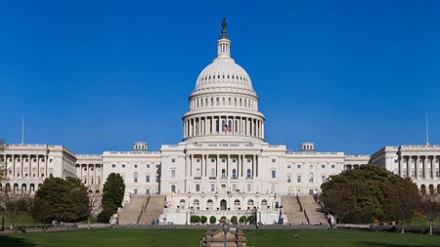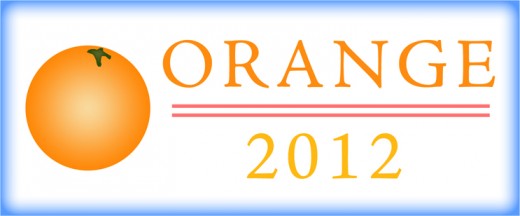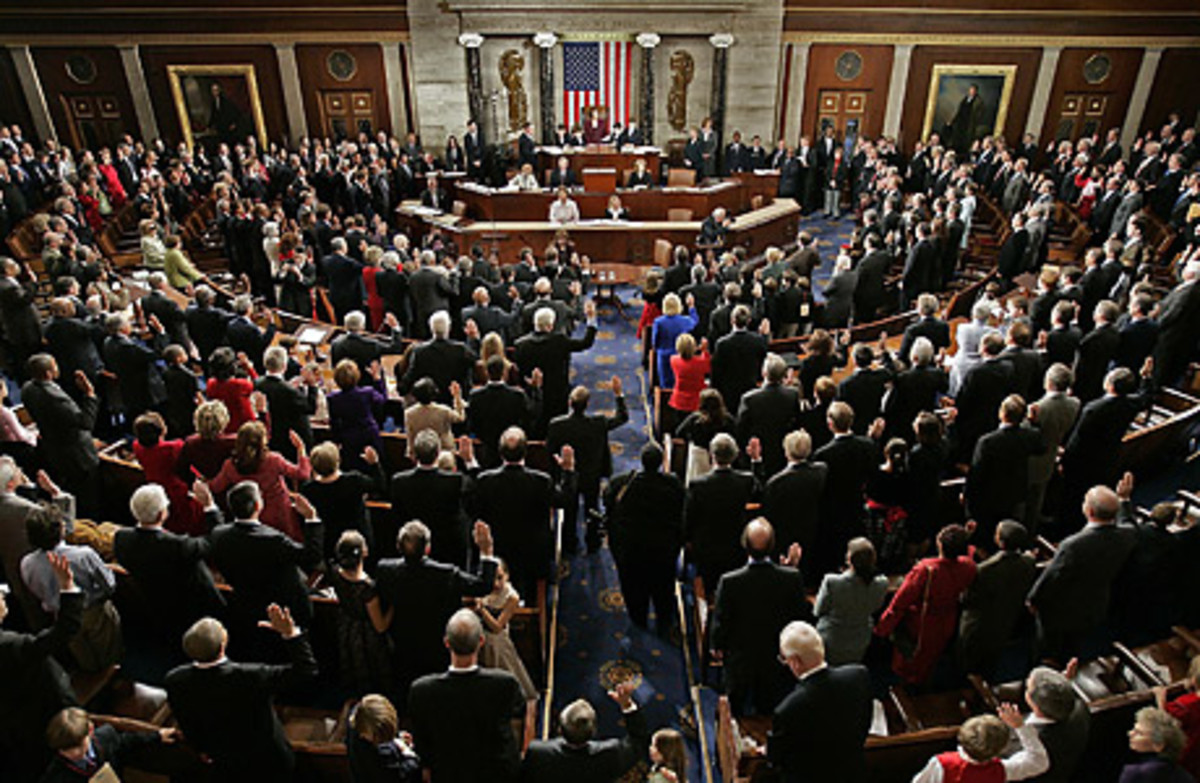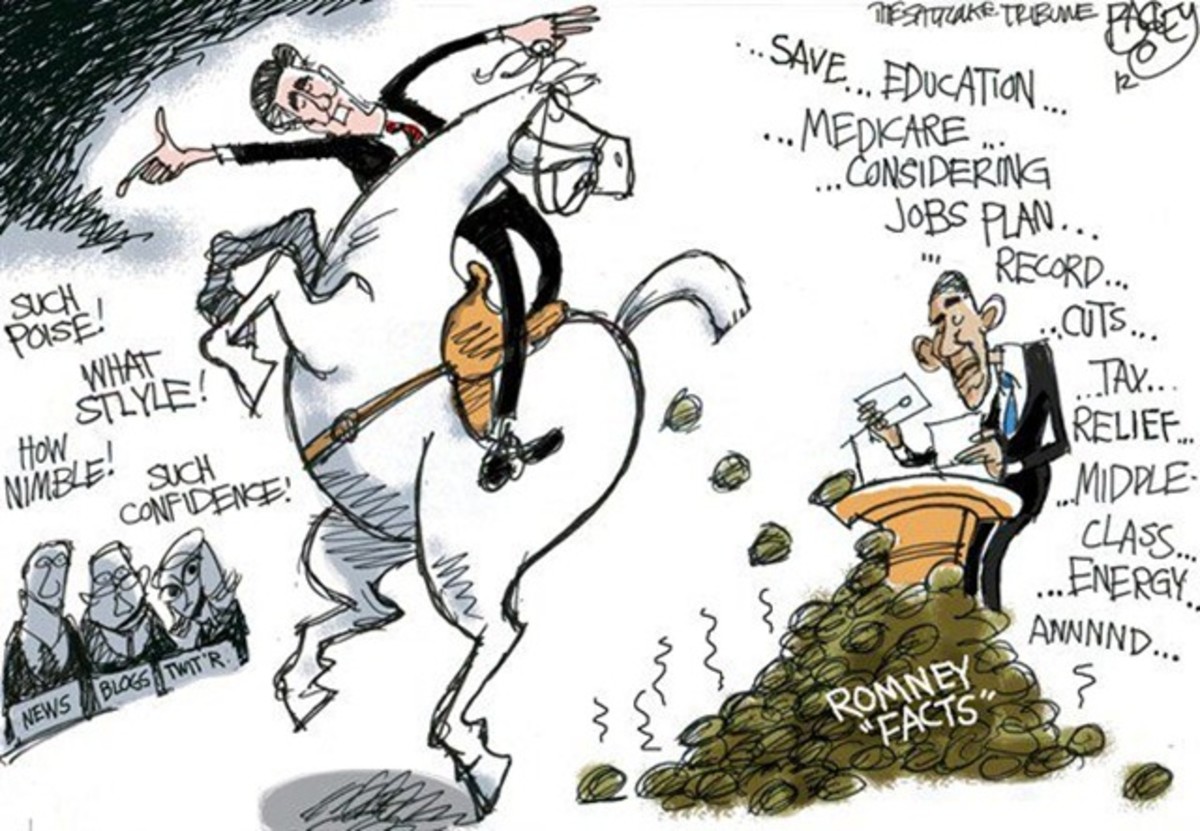Why Congress is Failing the United States

I am not a political expert, I’m just a regular U.S. citizen who took a much closer interest in politics beginning with the 2008 election. One of the things that I learned very early on is that, while the president has a great deal of power, the majority of the changes our country goes through, originate and become a reality in congress. There are two branches of congress; the Senate and the House of Representatives. The senate has two representatives from each state, totaling 100 men and women. The house is more dynamic in the sense that it is population based. If your state has a higher concentration of people, it will have more representatives (a good reason to fill out your census). In order for any bill to become law, it must pass with a “majority” vote and then be signed by the president. I put majority in quotation marks because having a higher number of votes doesn’t mean something passes. I’ll get more into that later. But anyway, I was surprised by how often the decisions of congress were attributed directly to the president, when he had little to do with what they turned out. Yes, the president has influence and he is the one to inevitably sign something into law, but the hard fought battles of the years following 2008 were largely fought in congress. And, after observing those battles, I’m convinced that Congress is failing the United States.
The Filibuster
This word popped up a lot during the first few years of the Obama administration, and a lot of people were quickly acquainted with the idea of it. The filibuster is a tactic of a congressman (or woman) who opposes a majority decision and uses obstructive tactics (like long winded speeches) to prevent congress from moving forward with the thing they oppose (Source: Dictionary.com). From what I understand, a filibuster cannot last forever. Congress can only be held up for as long as the congress-person can continue obstructing it. Therefore, if they did not succeed in convincing others of their position, they would inevitably lose the battle. I could be wrong, but that was the impression I got. Interestingly enough, despite how many times we heard the word used, during the democratic majority, no one actually filibustered. For the longest time, bills were held up because of the threat of a filibuster.
So, apparently, no one has to actually stand in congress, giving long winded speeches, to get the same effect, and this sent the opposing side running to look for compromises. It’s kind of like if you were in a room with ten other people and everyone wanted to order pizza except one guy who wanted a hamburger. If you only had enough money to get one, you’d probably get the pizza because the majority wanted it; that’s what our whole system of democracy is based on. Having said that, we also have protections in place so that the minority isn’t forgotten. Which is great, however when you look at the news and see a vote that says 69 yes, 31 no and it fails, you have to sit back and wonder if the system is really working or not. For two years, at the beginning of Obama's presidency, the democrats had a "super-majority", which is supposed to be filibuster-proof, and yet every bill was a struggle to pass. I understand that the minority should be consulted to reach the best agreement possible, but it got pretty ridiculous and hasn't gotten much better. In my opinion, if someone is threatening to filibuster, let them. See if they actually have the guts to stand there and talk for twelve hours straight. If they do, then think about compromise, if they don’t then let the bill pass.
Corporate Influence and Lobbyists
Any time that a survey, or person, asks me what the single most important problem with our government is, my answer is always the same: corporate influence and lobbyists. The original intent of lobbyists wasn’t necessarily a bad thing. Special interests, that helped elect officials, could travel to Washington to help remind those officials what platforms and issues had helped elect them (Source: Dictionary.com). So, for example, if I ran a non-profit organization that helped children of poor families attend college, I could then send a lobbyist to Washington to speak with the representative I helped elect. The representative would then try to fight to keep laws in place, or make new laws, to help children of poor families attend college. That’s a very basic idea of what a lobbyist is intended for, and when phrased that way, it doesn’t sound so bad. The problem is that helpful for-the-people organizations aren’t the only ones that can have lobbyists in Washington. Anyone with enough money, that helped elect that representative, can send people to influence our politicians. A good example is the struggle that took place over the Affordable Care Act, aka "Obamacare". A number of private sector healthcare providers (or the companies that own them) helped elect certain members of congress. So when this new bill came up, that would create tighter restrictions on the industry, they panicked and began twisting the arms of every representative they helped elect, forcing them to oppose the bill. Who does the congress person listen to: the money that got them where they are, or the people who elected them? The answer should be obvious, except in this country, money is power. If you have enough of it, you can make people believe anything.
This corporate influence has only gotten worse with the Supreme Court decision known as Citizens United. Essentially that ruling defined corporations as people, which allows them to spend unlimited amounts of money on candidates of their choice (Source). And it won’t be easy to tell which candidate is funded through big corporations because they create any number of smaller organizations, known as PACs and Super PACs, to make sure no one knows where the money is really coming from. While we would all like to believe that our candidates are elected on merit, it’s hard to learn about each candidate when one is on television every thirty seconds and the other is virtually unknown because they have no campaign money. That just isn’t a fair election. Other than corporations being shut out of campaign funding, and lobbying, we need an election system that gives equal time to each candidate and provides equal (unbiased) information.
Term Limits
The President of the United States is limited to two, four year terms. So they have four years to do good things, then must face re-election to get another four years. Similar term limits exist for governors and mayors, so I can’t help but wonder why we don’t have this system in place for members of congress. It has gotten to the point where some states can have the same senator for decades, for no other reason than they are recognizable. When you elect new representatives, you get fresh new ideas from people who haven’t been politicians their entire life, with a fire in their hearts to really make a difference. Representatives who have been in congress for long periods of time get lethargic and comfortable with the status quo, and if they have corporate cash behind them, what incentive is there at all to make big important changes? The will of the people is constantly changing with each generation, but the modern generation is still being governed by much older generations who faced much different problems. We need people who are close to today’s problems and geared up to deal with them, not old men who’ve gotten too comfortable. We need term limits in the United States congress and we also need more transparency about where our senators and representatives are getting their funding, and how it’s being used. If you’re interested in supporting term limits, you can find one such organization here.

The Myth of Bipartisanship and the Swinging Pendulum
The political atmosphere tends to swing like a pendulum. We elect one party, then we elect the other party when the next election rolls around. It has nothing to do with either party changing and everything to do with U. S. citizens always being unhappy with their government. When we see something happen that we don’t like, we just assume that electing the other party will fix it, even if that other party got us into a huge mess four years prior. Because of this; our representatives in congress have no incentive to work together or ‘reach across the aisle’ because they know that if they wait it out, they’ll be in power again in a few years. The idiocy of this style of representation boggles my mind. How can we, as citizens, expect our government to change, when we keep re-electing the same crappy government over and over again?
Part of the problem is a lack of term limits, and part of it is corporate influence. Third parties have no chance of actually getting in because they don’t have the funding and people don’t take them as seriously. Or, in many cases, a third party is too big of a risk. Back in the early twentieth century, Teddy Roosevelt broke away from his party and formed what was called the ‘bull-moose’ party, then ran against the republican candidate (Taft). The result was a split vote that catapulted Woodrow Wilson (the democratic candidate) into the presidency (Source). Can anyone tell me what is wrong with this picture? In my mind, the problem is a sense of risk, which is why we are so glued to the two party system right now. We have liberals and conservatives, but creating a new party in either direction, or as a mix of the two, is too risky to waste a vote on because third parties never have a chance. Therefore we’ve narrowed it down to just two parties.
The problem with two parties, however, is how easy it is to demonize the opposing side. When there are multiple parties, you actually have to look at what they’re about to understand what kind of candidate you’re getting. With the democrats and republicans, you can just assume what they’re about based on the smallest pieces of information. For example, you could just assume that Democrats favor abortion and tree hugging, while Republicans favor guns and hate homosexuals. But that isn’t an accurate description at all. Each individual candidate has their own complex viewpoints, just like you do, but because of the risk of running for any different party, they get pigeon-holed into one of the big two. It has turned politics into a war where we just view the opposing side as the enemy and call it a day. When in reality, we’re all part of the same freaking country! If we’re going to fight each other like children then let’s just drop all pretenses and have a second civil war. But if we want to be smart, sensible people, then let’s fix this broken, two party system. This comes back to my idea that elections need to be fair, with each candidate having equal funding and easy-to-access information (including third parties!).


Bills within Bills
There are a lot of times, during a political debate, where a candidate will claim that their opponent voted against something good. For example let’s say that Apple and Orange are running for president. Orange says that, while in the senate, Apple voted against giving food to starving children. Then the news does a fact check and says that it is true and voters start to hate Apple. What they don’t realize is that the bill Apple voted against wasn’t just a bill about feeding starving children, but rather it was a bill that would allow more pollution into the air and the feeding children bill was just attached to it. This is an example of how screwy congress’s legislative process is. Rather than vote on each topic individually, each bill has numerous other issues attached to it. Still using the healthcare law as an example; when republicans couldn’t get the votes to repeal it outright, they tried to attach the repeal to other bills or de-fund it entirely under a new budget (Source). As far as I can tell, there are two reasons for these bills within bills; one is to get your agenda passed by attaching it to something that has to pass. And the other is for finger pointing during election season. While I can understand its use for getting difficult things passed, it is also an extremely deceptive tactic. We should be compromising, but we shouldn’t be mixing completely unrelated bills together, just for political gain.
Shutting down the Government and Stalling legislation
Those working in congress have a pretty good salary and some really good benefits, so it kind of angers me when I see threats of a government shutdown, or I see one party stalling progress. For me, if my place of employment is doing something wrong, I can’t just get up and leave; I need the money to pay my bills. Yet these guys in Washington can skirt around the issues, or abandon them entirely, without much fear about what will happen to them (especially considering the pendulum effect). Now, don’t get me wrong, I admire when a senator or representative can stand up for the people in the face of heavy opposition. We want people who are going to fight for us. But, the solution isn’t to shut down the government. When there is heavy conflict, the solution is to sit down, talk it out and do the hard work to reach a consensus, not throw your hands up in the air and run out crying because the other side wouldn’t agree with you.
Conclusion
A lot of people focus all of the blame for the United States’ problems on the President. I will admit, in the past, I was the same way. The president is the figure head of our government; he’s the big guy (or girl) that has to answer to us when things go wrong, but all of us seem to have forgotten the system of checks and balances. The executive branch (the president and his staff) is only one third of the decision making process in our government. For me the truly broken branch in need of reform is the legislative branch (house and senate). But with U.S. citizens so focused on the president, I fear that the real reforms and changes that we need are being swept under the rug in favor of an increased sense of conflict, created for no other reason than ratings and political leverage.









